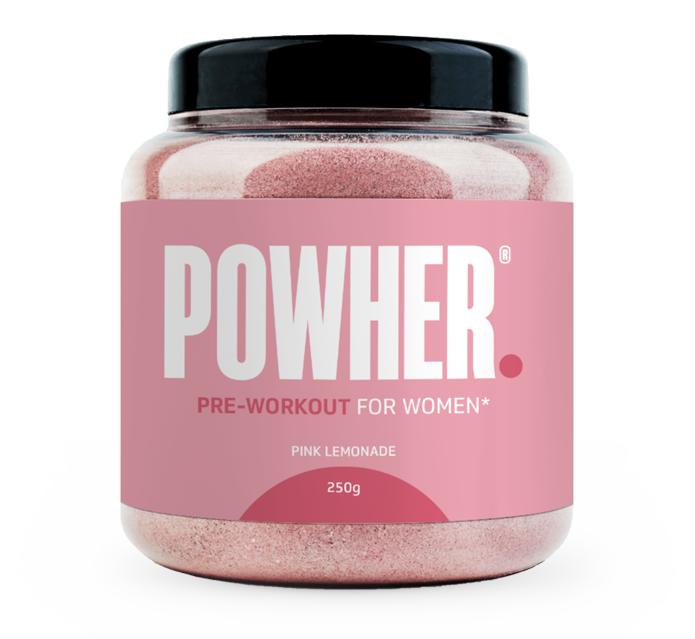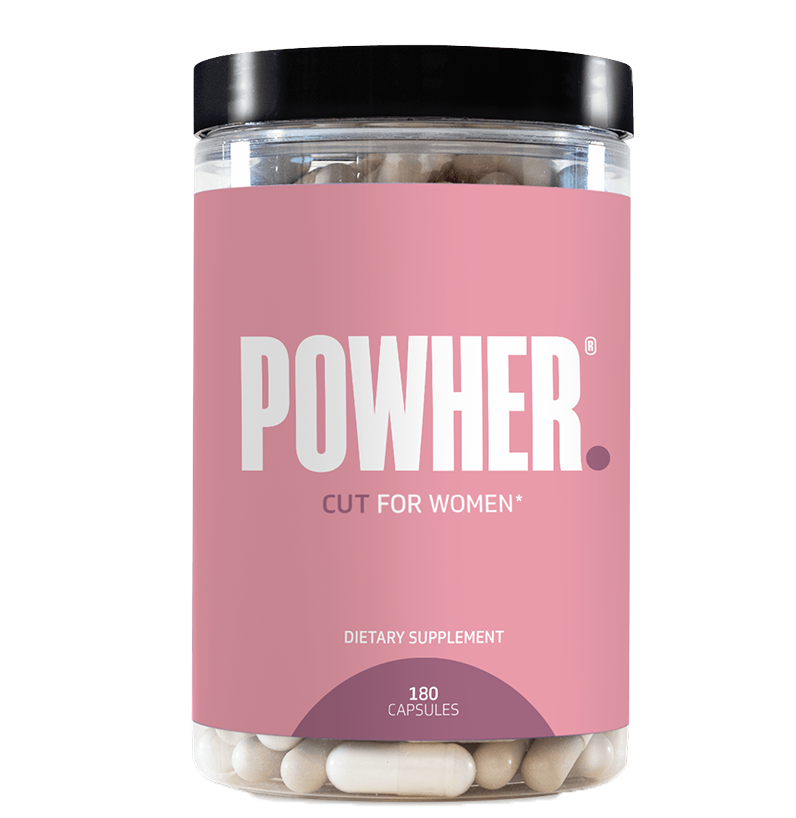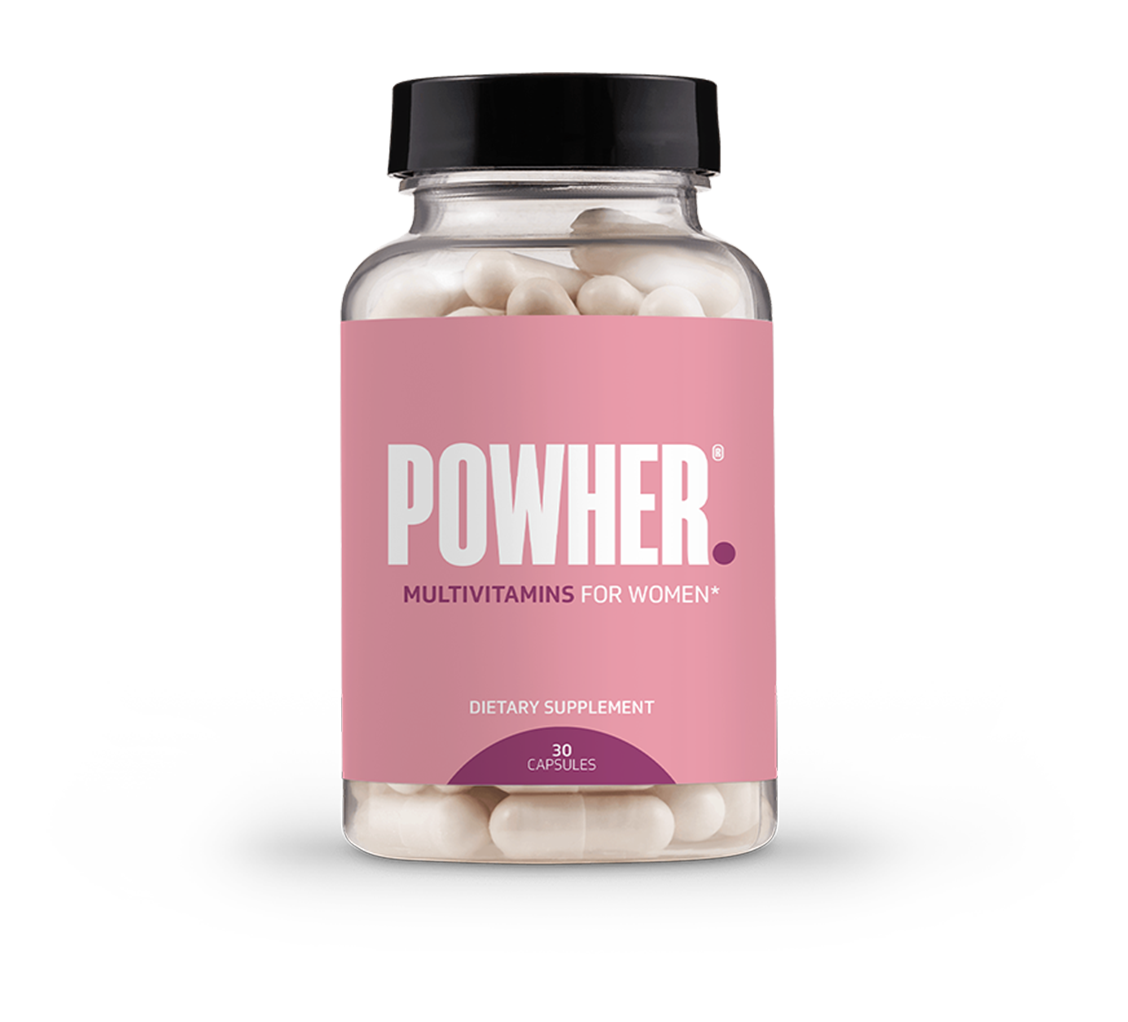Are you an avid runner that also wants to build muscle? If so, you may be asking yourself, does running build muscle?
While, on its own, running does not build significant muscle mass, it can still provide muscle-boosting benefits if you practice some simple strategies.
This may include incorporating hill runs, interval training, and strength training into your routine to maximize your muscle-building potential. The right pre-and post-workout nutrition can also help increase your muscle-building capacity.
Let’s dive into the science behind muscle growth and how you can build muscle with a combination of running and other complementary habits.
Understanding Muscle Growth
Before we comb through the running component, it’s important to understand how muscle growth works.
Simply put, your muscles grow when your body synthesizes (i.e., builds) more protein than it breaks down. Several factors, such as your exercise routine, diet, and lifestyle, can stimulate or hinder muscle growth.
In order for muscles to grow, you need four key factors:
- Exercise – High-intensity interval training workouts (HIIT) and strength training.
- Proper diet – Adequate protein, carbohydrates, healthy fats, vitamins, minerals, and other nutrients to fuel your workouts. Taking a quality pre-workout supplement helps boost energy, fuel your endurance, and promote recovery to repair and build muscle faster.
- Water – Helps regulate body temperature, hydrate you, and increase blood flow during exercise.
- Rest – Quality sleep helps you to recover quickly from workouts and rebuild muscle.
Muscle growth is stimulated by a combination of mechanical tension, metabolic stress, and muscle damage. During your runs and other workouts, your muscle protein is damaged and broken down from the stress of exercise.

In order to repair that muscle and grow new muscle fibers, a well-designed exercise and nutritional plan is essential.
How Running Affects Your Muscles
In general, sprints and speed runs will build muscle, while slower long-distance runs will break down muscle. Personally, I love my distance runs and am not a fan of sprints, but I know they’re necessary for building strength.
There are two muscle fiber types activated by running, depending on the type of running you’re focused on: slow-twitch and fast-twitch muscle fibers.
Slow-twitch or Type 1 fibers – These are activated by more steady-paced long-distance running. For this reason, most long-distance and marathon runners tend to have a higher percentage of slow-twitch fibers than sprinters. These muscles are fatigue-resistant and focus on steady movement and posture control, which is ideal for long-distance runs.
Fast-twitch or Type 2 fibers – These muscle fibers are generated by sprinting and speed runs, so you’ll find that most sprinters and short-distance runners have a higher percentage of these fibers through adaptation. These muscles specialize in big powerful forces for a short time, helping you sprint faster to the finish line.
No matter which type of running you’re focused on, there are ways to build muscle effectively.
Does Running Build Muscle?
Running can absolutely build lower body muscle, but it depends on your overall running and workout routine. If you’re mostly a long-distance runner and aren’t incorporating any hills, sprints, or strength training into your routine, you probably won’t see much muscle growth no matter how much you run.
The higher-intensity runs, hills, and lower body strength training are needed to truly build muscle as a runner. Nutrition and recovery are key as well.

It’s important to keep in mind that while running can build lower body muscle, it won’t strengthen your upper body. Engaging in regular upper body exercises will keep your chest, back, and arms strong, which can help propel you faster during your runs and improve your running posture.
How to Build Muscle By Running
If your goal is to build muscle as a runner, here are eight ways to do it:
1) Add hill runs
If you’re shying away from hill running because it feels difficult, you’re missing out on some serious muscle-boosting benefits.
Uphill runs (and especially sprints) are key to building muscular endurance and strength. Running uphill challenges you because the body’s major muscles are forced to work harder to push you up the hill.
In addition to building muscle in this way, you’ll probably also find that running on a flat surface will feel much easier over time, and you’ll have more endurance for longer runs. Hill training also helps improve your running speed over time, which is another great reason to include it in your routine.
Put it into practice: Incorporate interval hill runs 1-2 times per week. An example can be sprinting up a hill for 30 seconds and then running slower or jogging for 5 minutes. Repeat this 4-5 times.
2) Incorporate HIIT into your runs
Running at a steady pace may feel easier, but it doesn’t necessarily help you build muscle or your pace. In addition to your hill runs, adding in some high-intensity interval runs will boost your muscle-building potential in addition to your hill runs.
HIIT runs involve short, explosive sprints that use your fast-twitch muscle fibers. These fibers are much more effective when it comes to building muscle growth and strength and will enable you to build more muscle each time you develop more of these fibers.
HIIT runs also improve your cardiovascular health and VO2 max and can prepare you for a PR on race day.
Put it into practice: You can incorporate HIIT runs into your hill run day(s), so you don’t have to duplicate your efforts. Run at your base pace for 5 minutes, then at least 80% of your max heart rate for 30-60 seconds, then back to base. Repeat this at least 4 times.
Always remember to warm up and cool down for higher-intensity runs.
3) Add strength training to your workout schedule
Weight training is key to building muscle, regardless of your goals. Running is no different. In order to build muscle as a runner, you’ll want to include strength training into your routine at least 2-3 times per week.
While lower body strength training is more important to improve your running performance, don’t neglect your upper body. Strengthening your entire body will help reduce the risk of injury, improve your running form, and promote muscle production throughout your body.

Put it into practice: Include both upper and lower body strength exercises 2-3 times per week. If possible, try to plan a rest day after your lower body day, so your legs have time to recover before running again. If you can’t take a rest day, schedule a slower, easy run for the next day.
4) Get enough protein
While exercise stimulates muscle growth, your diet is the other part of the equation. Protein enhances muscle gains, fuels you, and aids in proper recovery and muscle rebuilding after your workout.
According to the American College of Sports Medicine, to build muscle it’s recommended to consume between 1.2-2 grams of protein per body weight daily. This equals 81-137 grams of protein per day for an average 150-pound (68.2-kg) person.
Put it into practice: Include quality protein sources with every meal and snack, such as eggs, chicken, turkey, fish, tofu, Greek yogurt, milk, cheese, beans, legumes, nuts, and protein shakes.
Always speak to a registered dietitian for more individualized recommendations based on weight, activity level, and health status.
5) Prioritize your pre-and post-workout nutrition
An overall balanced diet and nutrient intake before and after workouts are key to optimal muscle performance and growth. This means proper nutrition before, during, and after your runs to fuel your body.
If you don’t fuel your body properly, you’ll fatigue more easily and are less likely to see the muscle gains you desire. When you run, your body breaks down muscle protein in response to the stress it is enduring. Proper nutrition is key to build that protein and muscle mass back up.
Putting it into practice: Focus on getting enough nutrients before, during, and after your workout. Powher’s pre-workout powder contains natural caffeine and B vitamins to help boost your energy, endurance, and recovery without the jittery feeling that comes from other pre-workout supplements.
6) Eat enough calories
In addition to the type of nutrients you need, it’s equally important to get enough calories in your diet to build muscle. If you’re on a strict diet or are avoiding certain food groups, your body will have a harder time building muscle.

This can be a challenge if you’re trying to lose weight and build muscle at the same time – but it is possible to do this.
Putting it into practice: Eat enough calories to fuel yourself properly. If you want to lose weight, aim for a slight calorie deficit, emphasize more protein, and strength train regularly to stay in a balanced state to build muscle.
You can lose weight without going super low on your calorie intake, which will be more sustainable.
7) Don’t run in a fasted state
If you’re a morning runner, you may be running in a fasted state. While some people may feel energy-wise okay by doing this, it’s not ideal for building muscle.
If your body is in a fasted state, it will break down more of its own muscle tissue for energy rather than using recently consumed food as fuel. In this way, it will take more effort to build muscle back up, putting more stress on your body.
Put it into practice: If you’re not hungry for those early morning runs or lifts, try sipping on a pre-workout for energy and to facilitate muscle-building efforts.
8) Don’t neglect rest and recovery
Rest and recovery should be part of your workout routine. It’s not just about the hard workouts. Your rest days are equally as important when it comes to building muscle.
This means getting adequate sleep, eating nourishing foods for muscle recovery, and doing gentle stretches and recovery workouts to allow your body to rebuild and strengthen its muscle tissue.
Put it into practice: Aim for 1-2 rest days per week where you either completely rest or include recovery workouts like stretching, light walking or yoga. In addition, prioritize getting at least 7-8 hours of sleep a night.
Benefits of Building Muscle as a Runner
If you’re not yet convinced of why building muscle is important as a runner, here are our top three reasons:
- Improves running form – More muscle can improve your running form and posture in several ways. It improves core strength and total body strength to propel you forward, achieve a more powerful stride, and keep your body in alignment. It also reduces fatigue which often leads to poor posture and forward-leaning movements.
- Enhances performance – More muscle enhances your running performance and increases your endurance, speed, and power movements during your runs.
- Reduces risk of injury – Increasing your muscle mass also reduces your risk of getting injured, strengthening your muscle tissues and boosting stamina.
Running Can Build Muscle – If Done Right
To build muscle from running, vary your running routine with a mix of long, slow-distance runs, interval training, hill workouts, and strength training. Eat plenty of protein, prioritize pre- and post-workout nutrition, and don’t neglect rest and recovery.
Even if you don’t build muscle right away, remember all the other benefits from running you will experience – such as cardiovascular benefits, fat-burning, stress relief, and endurance. It is truly an amazing workout in so many aspects!
And if you need an extra energy boost as part of your muscle-building plan, look no further than Powher’s delicious and convenient pre-workout you can take with you on the go.
FAQs
- Does running build muscle or burn fat? Running can do both, depending on the type of running. To build muscle, focus more on high-intensity intervals, speed runs, and hills. To burn fat, also focus on intervals and slower long-distance runs.
- How long does it take to build muscle from running? It can take up to 6-10 weeks on average, so don’t give up if you don’t see it happening right away.
- Can I run every day and still gain muscle? Yes, but don’t forget to include 1-2 rest days per week to aid in recovery and optimal performance. To increase your chances of gaining muscle through running, make sure to add hills, intervals, and strength training to your running routine.
- Will I lose muscle when I run? Running can lead to muscle loss if you’re solely doing slower long-distance running. To counteract this, incorporate speed and hill workouts in addition to weight training.
- What muscles get toned by running? The leg muscles, such as the calves, quads, and hamstrings, are most likely to get toned from running. Your hips and glutes are also worked by running.
Disclaimer: The information on the Powher blog does not constitute medical advice and should not be used as such. If you would like to learn more about your dietary requirements and related aspects of your health, speak with a registered medical professional.




